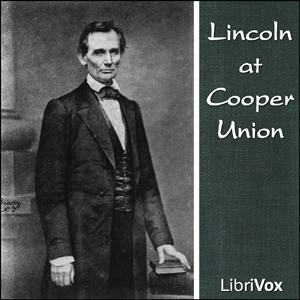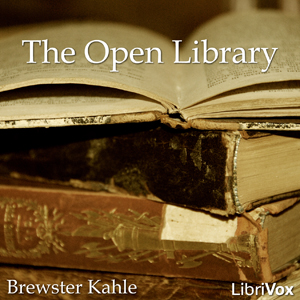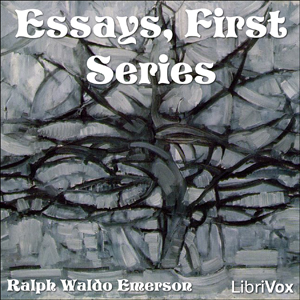- Preface
- The Two Pioneers
- Ideals and Idealists
- The Womanly Woman
- The Plays-Brand
- The Plays - Peer Gynt
- The Plays - Emperor and Galilean
- The Plays - The League of Youth
- The Plays - Pillars of Society
- The Plays - A Dolls House
- The Plays - Ghosts
- The Plays - An Enemy of the People
- The Plays - The Wild Duck
- The Plays - Rosmersholm
- The Plays - The Lady From the Sea
- The Plays - Hedda Gabler
- The Plays - The Moral of the Plays
- Appendix Part 1
- Appendix Part 2
This is an essay providing an extended analysis of the works of Norwegian playwright Henrik Ibsen and of Ibsen's critical reception in England. Shaw uses this "exposition of Ibsenism" to illustrate the imperfections of British society, using the idea of an imaginary "community of a thousand persons," divided into three categories: Philistines, Idealists, and the lone Realist.
The main discussion revolves around Ibsen's recurring topic of the strong character holding out against social hypocrisy, while stating in his essay's final sentence that the quintessence of Ibsenism is that "there is no formula." ( Michele Eaton)
The main discussion revolves around Ibsen's recurring topic of the strong character holding out against social hypocrisy, while stating in his essay's final sentence that the quintessence of Ibsenism is that "there is no formula." ( Michele Eaton)
There are no reviews for this eBook.
There are no comments for this eBook.
You must log in to post a comment.
Log in











